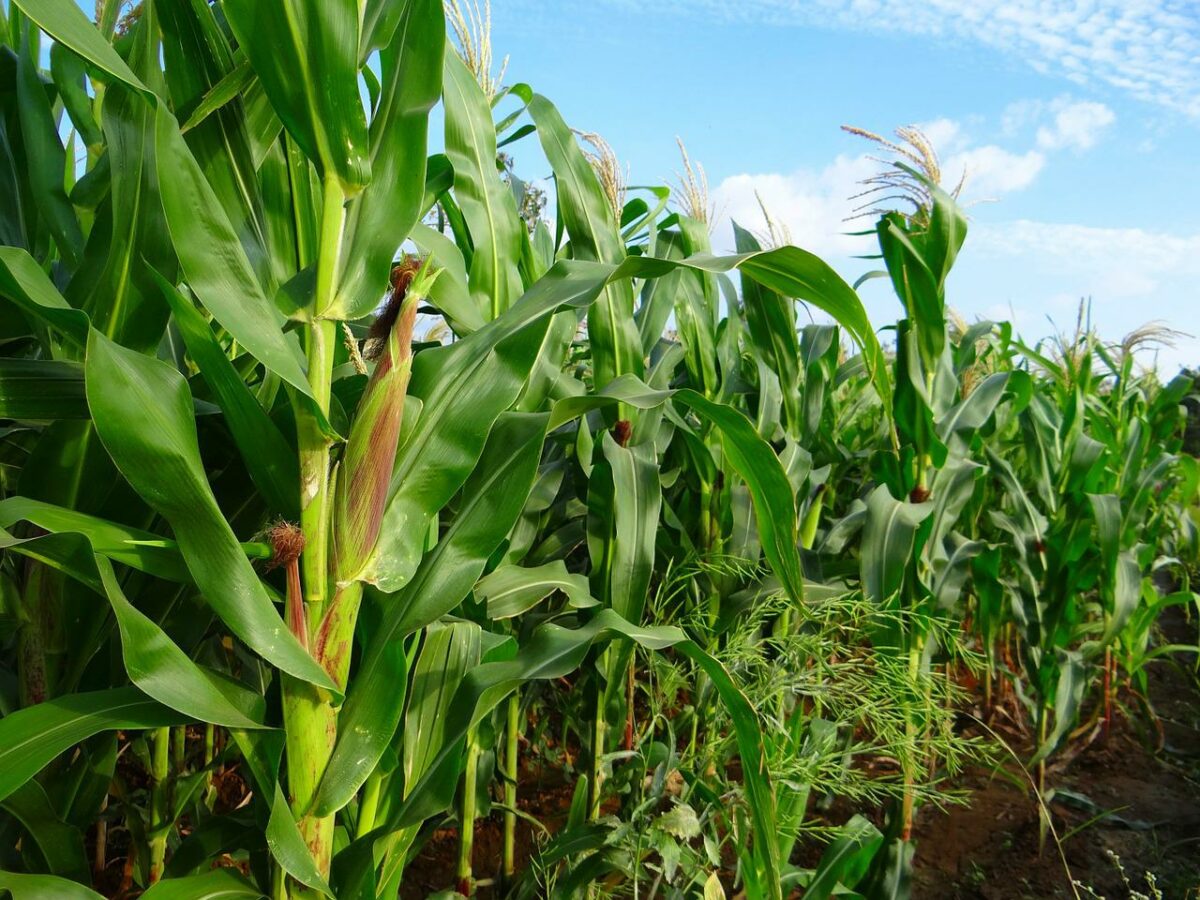The world-class cold chain that has been built up by export-oriented agricultural stakeholders in the Western Cape is being compromised by relentless loadshedding.
This was revealed in a reply to a DA question by the Provincial Department of Agriculture.
For fruit to be of the standard required to be exported to international markets, a stringent process needs to be followed, and loadshedding is clearly placing this, and by extension jobs in this supply chain, in jeopardy. Temperatures are recorded and made available to other parties in the chain, meaning any aberrations could result in an entire shipment being rejected.
The reply further revealed how loadshedding, through its effect on irrigation systems, can cause permanent damage to the more than 181 000 hectares of permanent crops planted in the Western Cape. During dry summer months it is of the utmost importance that crops be watered on a schedule, something that has become increasingly costly and difficult to achieve.
The replacement cost of these crops, should they become permanently damaged, is conservatively estimated at R60.8 billion by the Department.
To place the prohibitive costs of farm electricity generation in perspective, the average Ceres farm usually has an electricity bill of R400 000 per month, but the energy bill skyrockets to over R1 million in the event of permanent stage 2 loadshedding, through the costs of diesel to run generators. Our farmers cannot afford this extra expense, and will be forced to pass higher costs on to consumers, meaning even more food inflation is to be expected.
The Western Cape Department of Agriculture has commissioned research into the short, medium and long-term effects of loadshedding in the agricultural sector, with the goal of using this information to engage Eskom on how to better meet the needs of our food producers.
MPP Andricus van der Westhuizen stated: “The DA is concerned about the lack of action from National Government in mitigating the effects of loadshedding on farmers. With food security itself at risk, it is crucial that this matter be prioritised.
I urge National Government to be open to solutions that will be forthcoming out of the research commissioned by the Provincial Department of Agriculture. Now is not the time to let political differences stand in the way of workable solutions to this crisis.”

